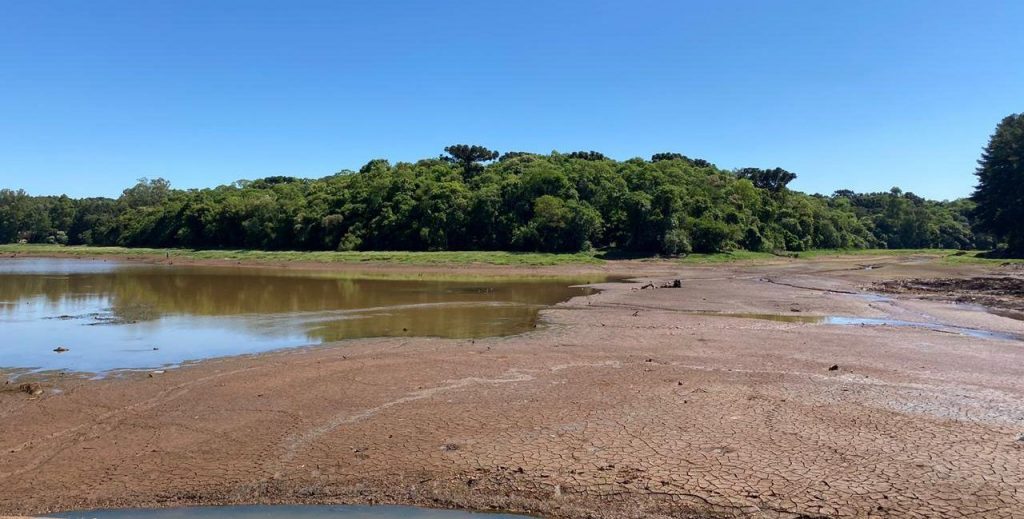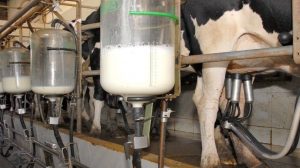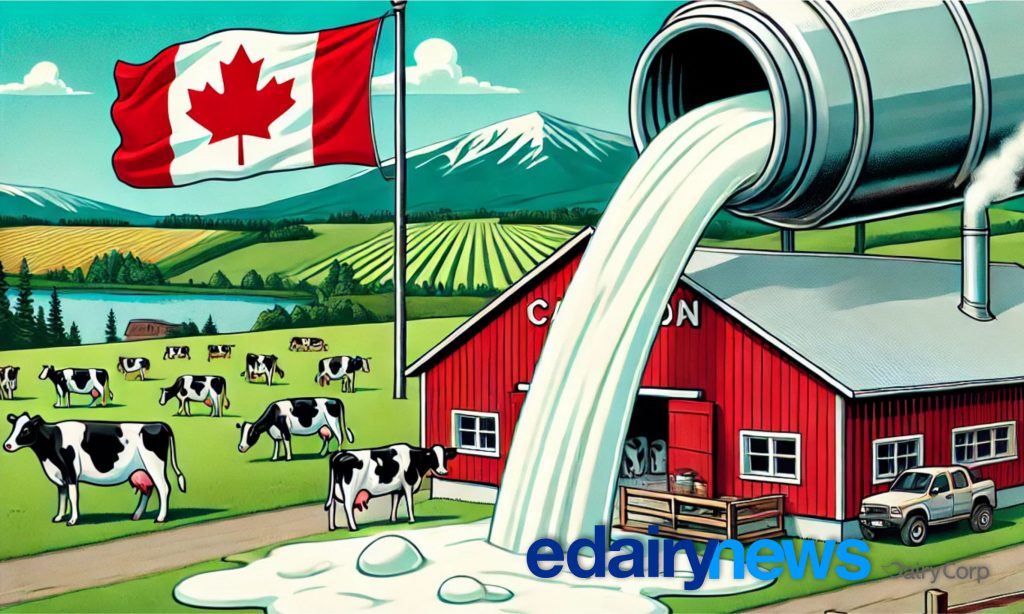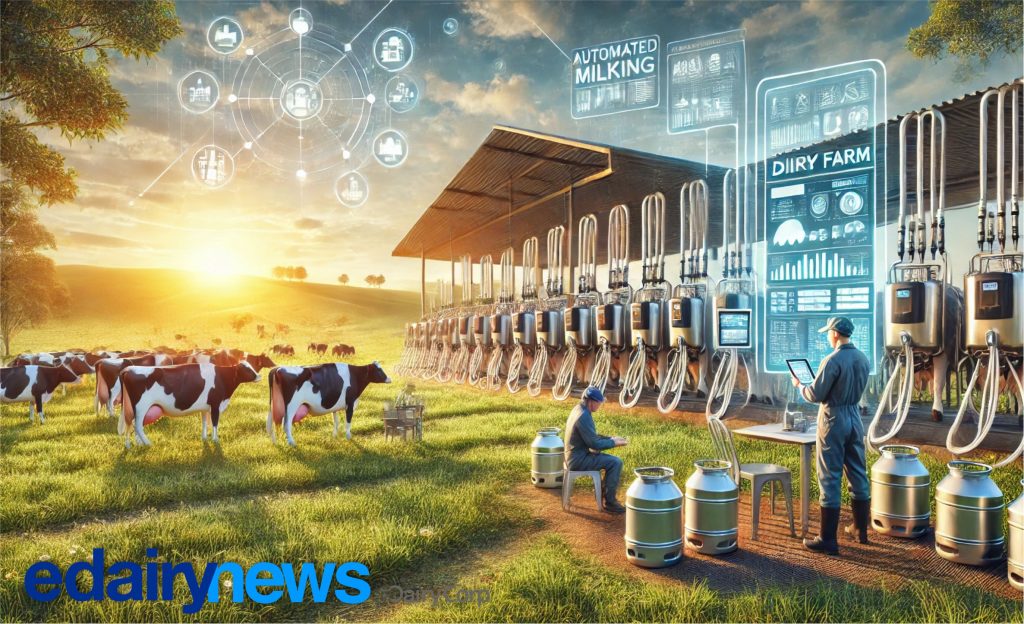Released on September 28, the Australian Dairy Plan sets the goal of boosting Australia’s annual milk production by almost one billion litres, adding $500 million of farm gate value and creating thousands of jobs by 2025.
The plan has highlighted increased profitability, confidence and unity during the next five years as the key elements.
Australian Dairy Plan chair John Brumby said the “quite conservative” modelling was about paving the way ahead.
“The truth is, in dairy there’s not enough reward for effort,” he said.
“The dairy industry has really turned a corner thanks to seasonal conditions, the cash rate, farm gate prices have picked up, farmers are producing more.
“Farmers are doing much better; this is about trying to lock that in over the next five years.”
Mr Brumby acknowledged more needed to be done to grow trust between farmers and processors, but Katunga dairy farmer Bridget Goulding said a lot more had to be done to build confidence in industry unity.
“We’ve got some big farms in our region and I’ve been told we’re not losing the milk, it’s just shifting region,” she said.
“But for dairy farmers leaving the north, those farms are not going back into dairy.
“I can’t see how they’re going to increase production by one billion (litres) in that time frame.”
Australian Dairy Products Federation president Grant Crothers said rebuilding trust was a “key commitment” and the focus was on increasing transparency around farm gate milk prices and the value of milk with the introduction of a new Milk Value Portal.
The Dairy Plan was developed in consultation with a number of dairy bodies — Australian Dairy Farmers, Australian Dairy Products Federation, Dairy Australia and Gardiner Foundation — but Bamawm dairy farmer Steve Hawken questioned why state-based bodies were not involved in developing the national dairy plan.
“I don’t think the billion-litre goal is overly ambitious, but what is ambitious is all the different organisations working on it when there should be one — the UDV,” Mr Hawken said.
“For Australian Dairy Farmers and Dairy Australia, their track record is not there, and I think these announcements are nothing more than an opportunity for them to puff their chest out.
“If my goal was to lift the annual Australian milk production by a billion litres, all I would have to do is make sure the processors don’t use excuses and pay the farmers more.”
Ultimately, the whole industry is dependent on each other according to Australian Dairy Farmers president Terry Richardson, who said the whole industry would benefit from working together.
Implementation of the plan will target greater than 50 per cent of farms achieving profit of at least $1.50 EBIT/kg MS, have more than three-quarters of farmers and processors confident about the future, and have more than 75 per cent of farmers and processors positive about industry unity by 2025.
Reform of industry structures is one of five key commitments for change identified during an extensive nationwide consultation involving more than 1500 industry participants.
The plan sets out the need for further consultation and an industry vote as being essential for successful reform.
Reports will be generated every six months about how the industry is tracking against the dairy plan goals.
“The next five years can and will be very positive,” Mr Brumby said.












